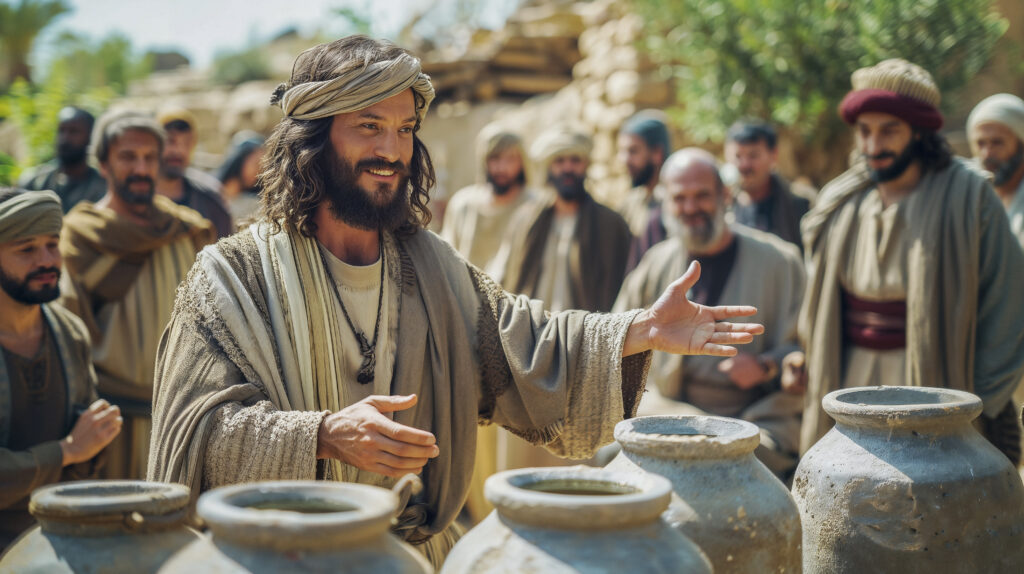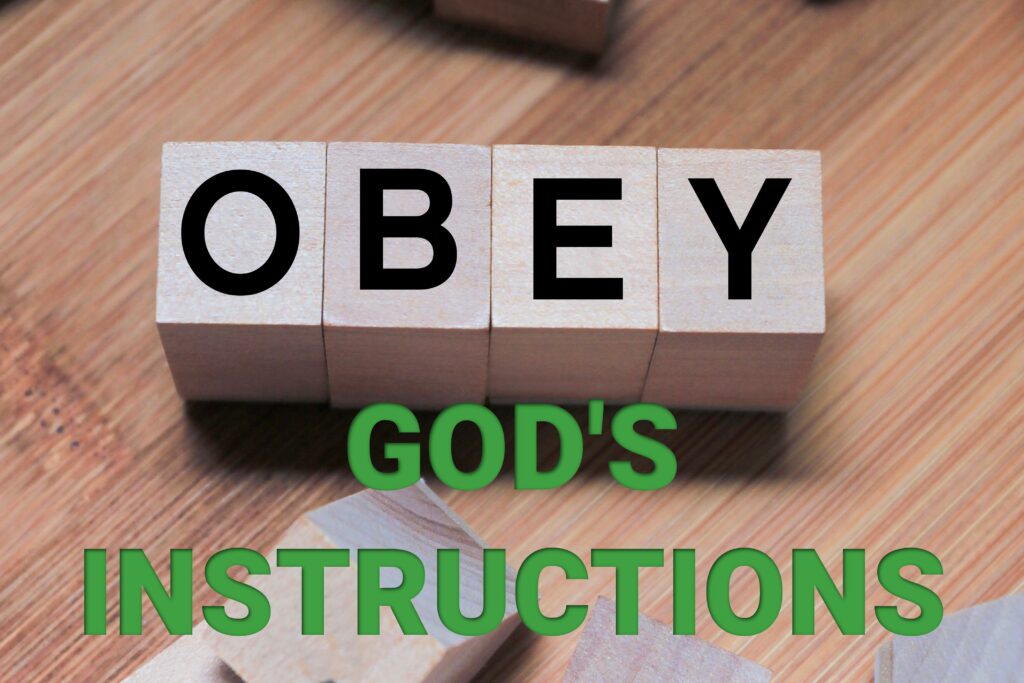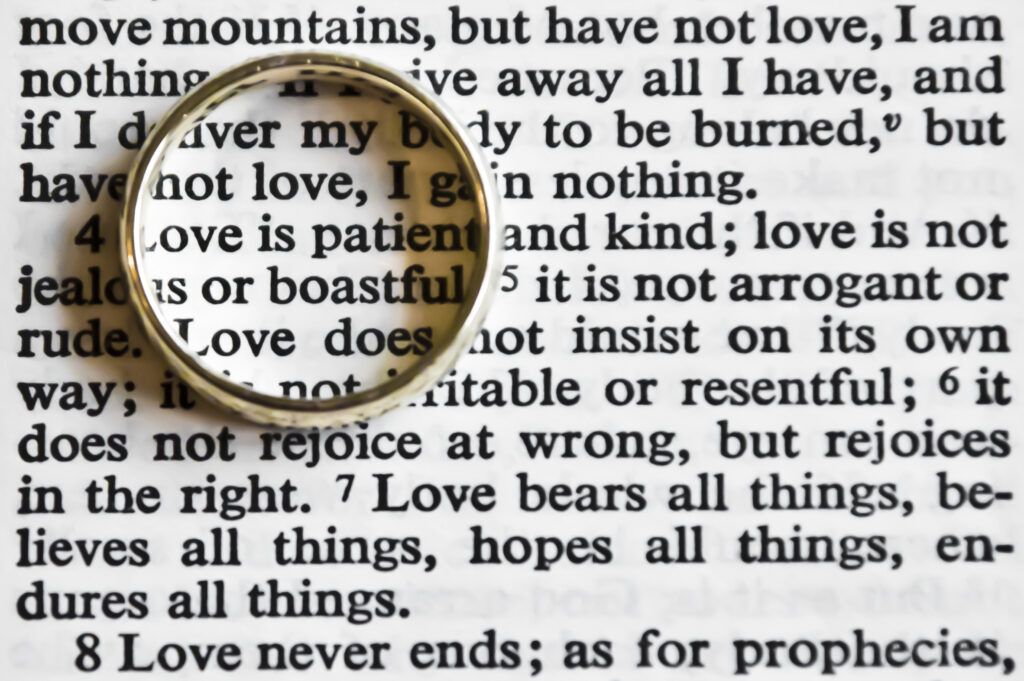The earliest recorded miracle Jesus performed is found in John chapter 2. There was a wedding in the town of Cana and the wedding hosts found themselves in trouble.

There are lessons for marriage found in this wedding story. Here are four of them.
- Place Jesus at the top of the invitations list. It turned out that, of all the wedding attendants, Jesus was the most important. It’s the same with our marriages.
The most important relationship in my marriage isn’t the one I have with my wife; it’s the one she and I both have with Jesus. A marriage without Jesus lacks intimacy with His Spirit, and of all the intimate opportunities marriage affords, intimacy with God is the most valuable.

- When there’s a need, turn to Jesus. For whatever reason, the wedding hosts ran out of wine, a necessary part of a merry feast.
God is not oblivious to the needs of my marriage; He’s sensitive to even the things important to my wife or me that others wouldn’t see as necessary. To some, wine may not seem necessary for a feast, but Jesus saved anyone and everyone in the wedding party from the embarrassment they might have experienced had there been no more wine.

- Obey exactly the instructions God gives. It must’ve sounded senseless the instructions Jesus gave. “Fill these pots with water,” is what He told the servants to do. This step in the process of producing wine only Jesus could yet understand. But obedience brought everyone into understanding.
When we find ourselves in a marriage dilemma and turn to God for help, His instruction may seem counterintuitive, but obedience must often precede understanding. There’s never a time in the history or future of humankind when obedience to God isn’t the best option, never a time in marriage when obedience isn’t the best choice.

- Acknowledge the superiority of God’s provision. The master of the wedding feast announced that the miraculously produced wine was better than what had been provided originally by the hard work of professionals and experts.

My marriage will find nothing better than what God offers. He’s the creator of my wife, me and marriage itself. He knows what marital love is and provides exactly the wisdom each spouse needs to navigate the sea of marriage challenges. To have these blessings from God and not give Him credit for them is grossly unfair to Him.


















































